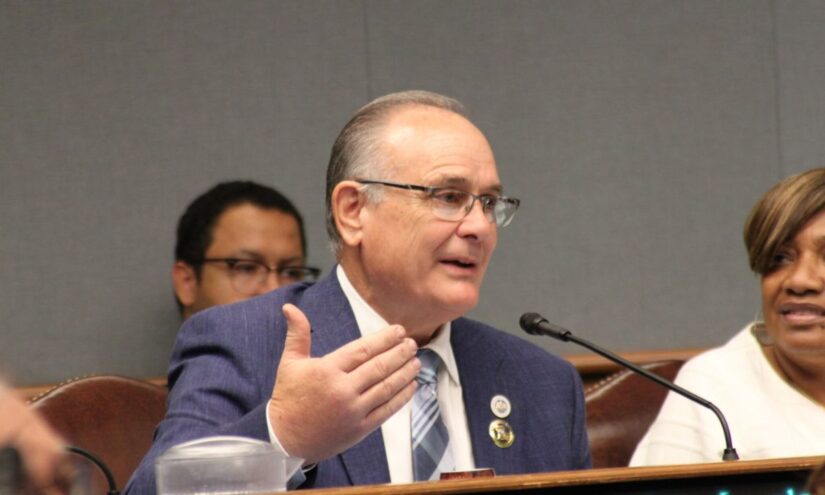During this summer, a team of students from MIT embarked on a journey to the sou …
Lawmakers advocate for increased special education accountability
Jennifer Livingstone

Proposed changes may be on the horizon regarding the oversight of special education programs in Louisiana’s K-12 public schools, potentially including the implementation of video cameras in classrooms. The state allocated funding for this initiative two years ago.
On Wednesday, the Senate Committee on Education unanimously approved House Bill 153, introduced by Rep. Tony Bacala, R-Prairieville. The bill now awaits full Senate approval before reaching Gov. Jeff Landry’s desk.
The proposed legislation mandates the installation of cameras in classrooms catering to special education students within 90 days of a parental request. While the groundwork for camera installation was established in 2021, state funding for the equipment was allocated in 2022. Despite these efforts, numerous parents continue to voice grievances over the delayed placement of cameras and alleged disregard for requests by schools.
Senator Beth Mizell, R-Franklinton, expressed frustration during a Senate Committee on Education session, stating, “So, the cameras, we have tried to address this for a long time. I’ve seen the calls from parents who cannot get the cameras, even though we funded it, even though we have said it is an urgent need in those classrooms… I’d love to know the level of compliance with the requests that have been made.”
To enhance compliance monitoring, Bacala’s bill mandates that each school district and charter school operator submit reports to their local special education advisory committees. These reports must include, among other things: any violations of special education requirements, breakdowns of federal, state, and local funding, and academic performance data for special education students.
The bill also stipulates that local school board members undergo training on special education policies in addition to their existing curriculum, covering areas such as literacy, numeracy, dropout prevention, early childhood education, school discipline, and bullying.
Further, the legislation outlines dispute resolution measures for parents, who are entitled to request a hearing within two years of becoming aware of an alleged violation. This two-year window is waived if school officials provide misleading information or withhold details about a breach of special education policy.
Additionally, the State Board of Elementary and Secondary Education is tasked with establishing rules for an early resolution process aimed at resolving “nonadversarial” disputes with local school systems.

